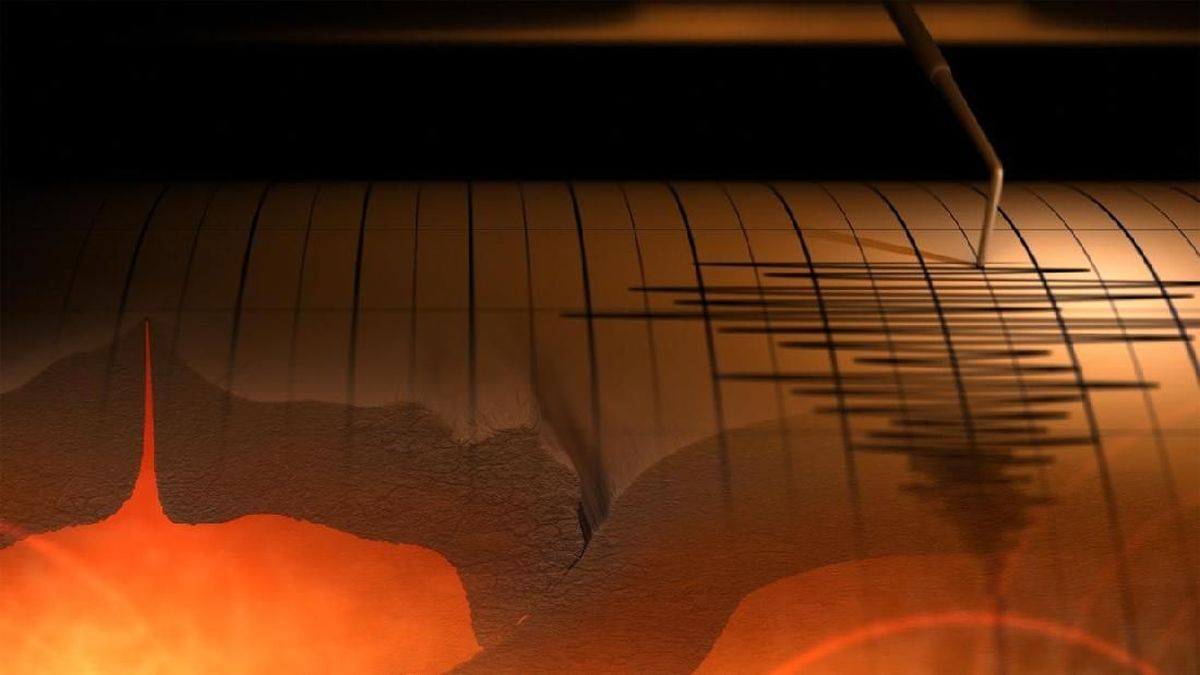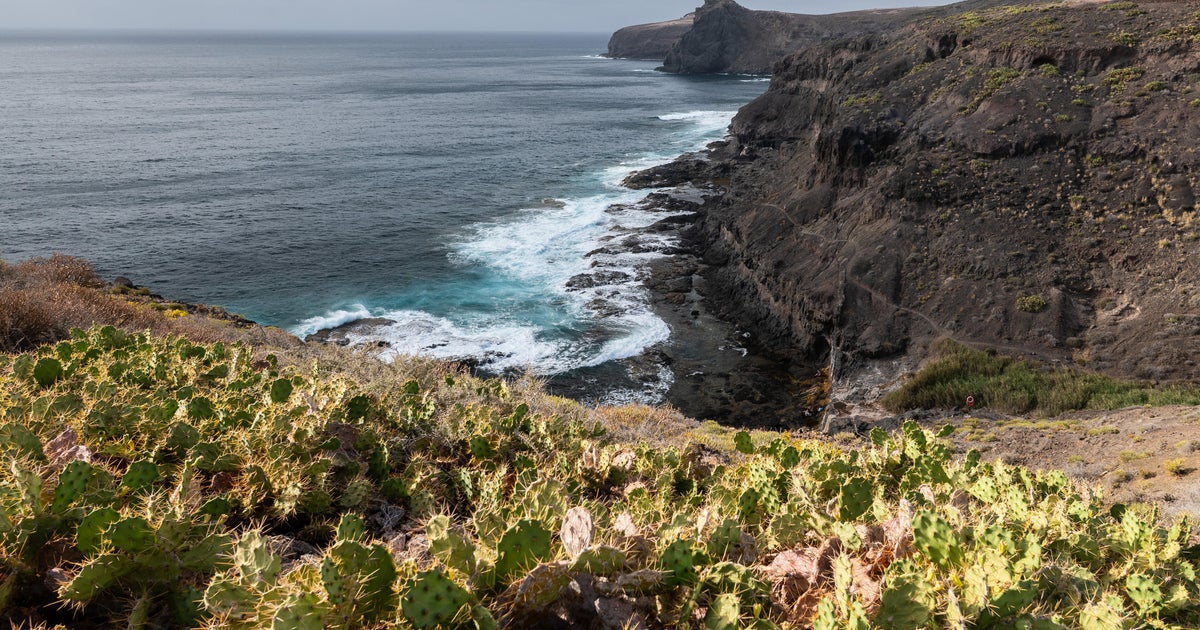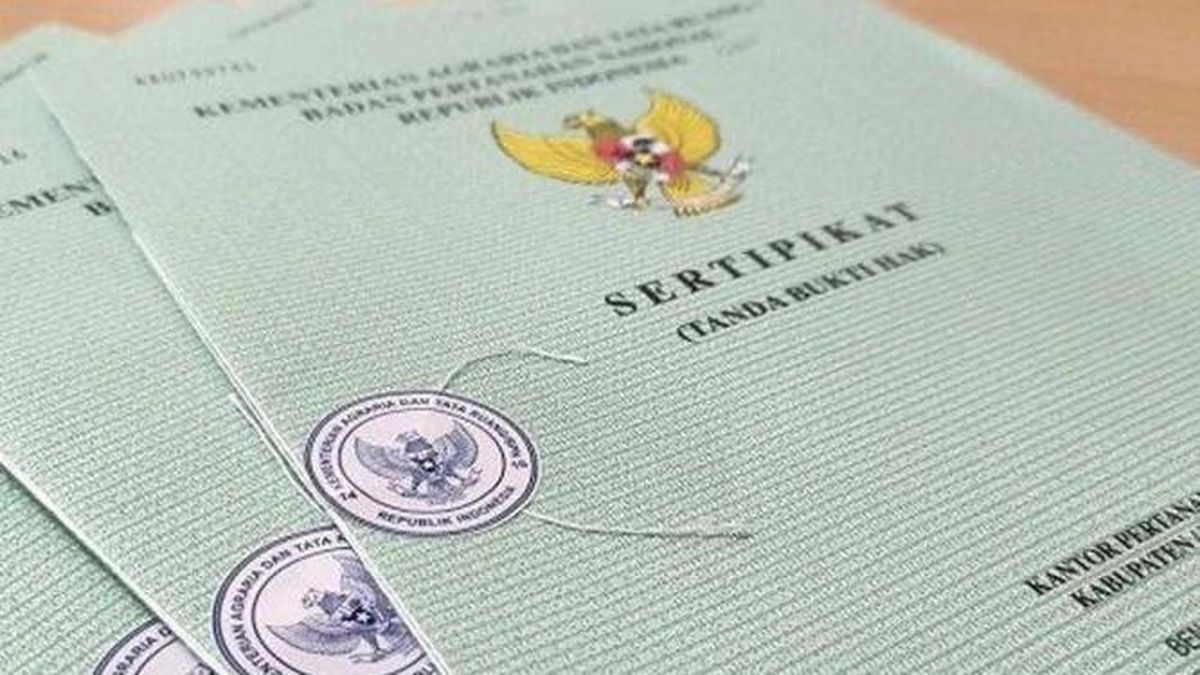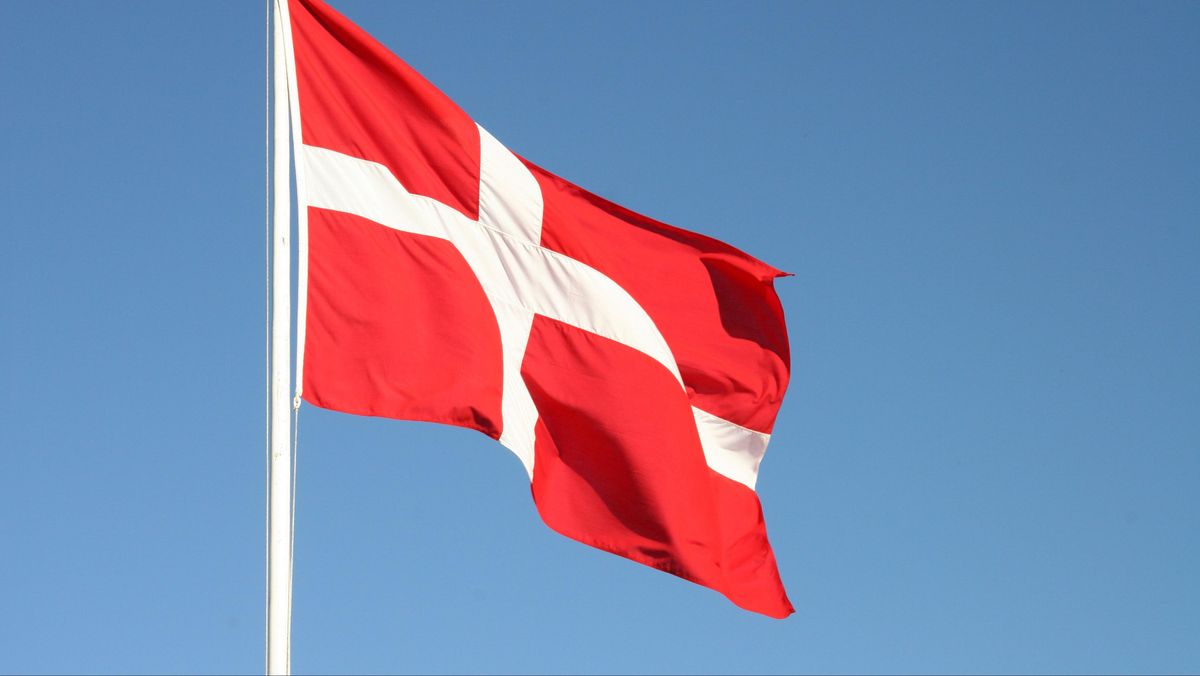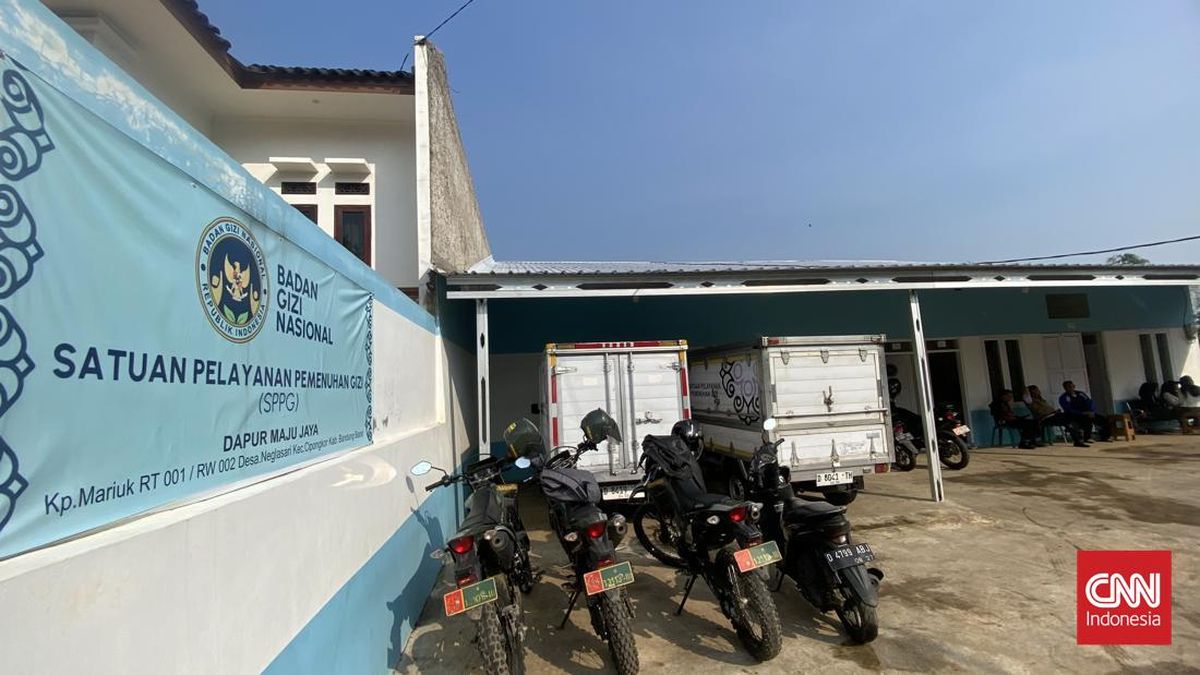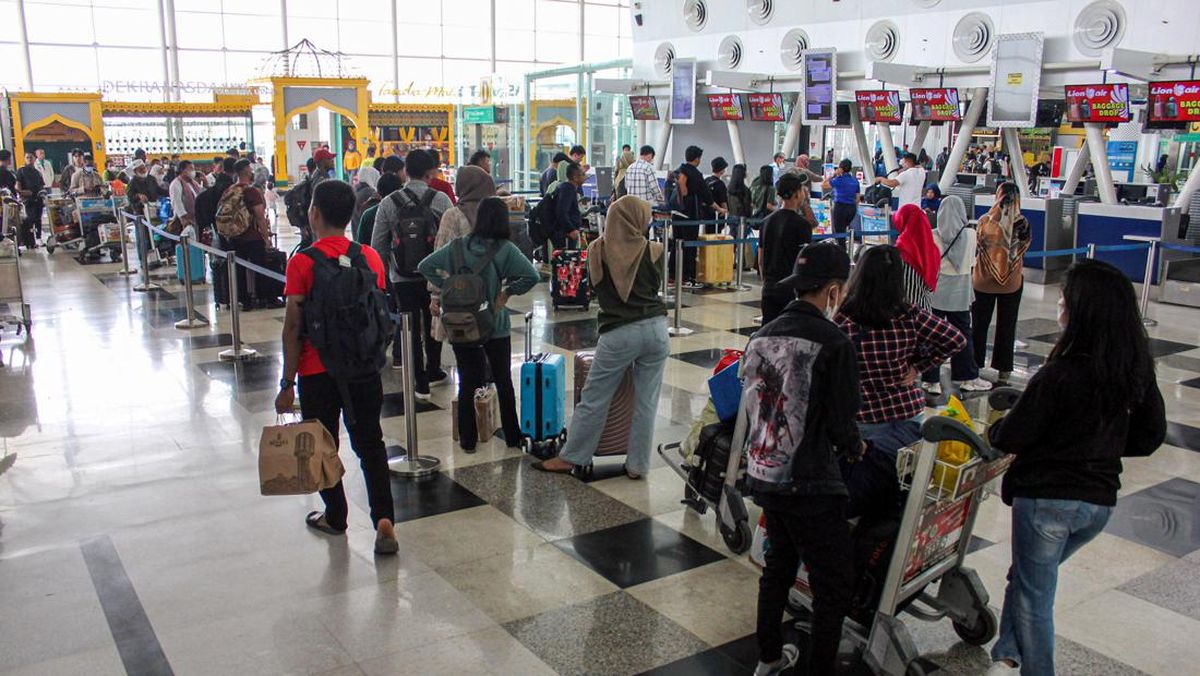Zelenskyy warns Putin wants to expand war
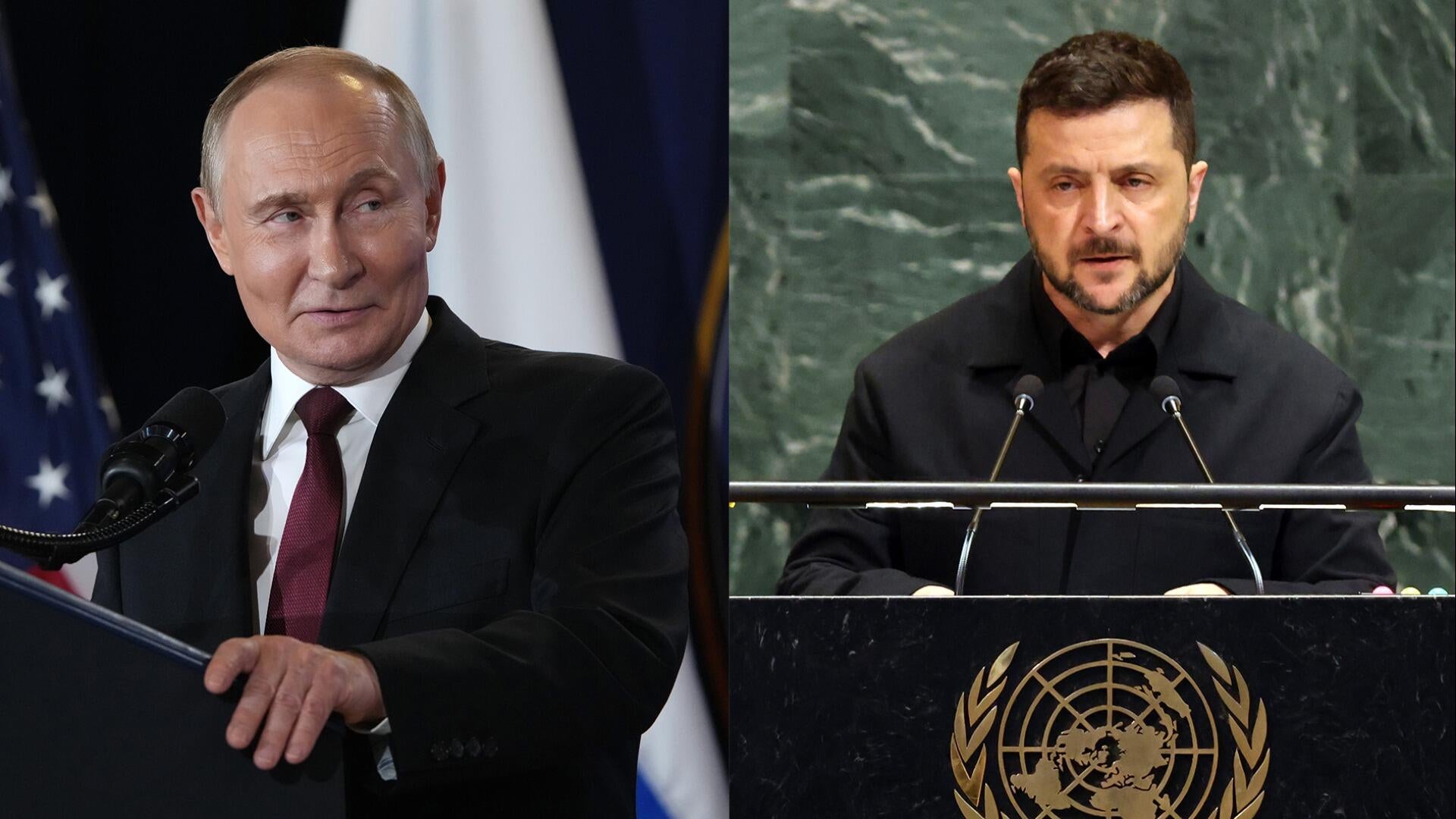
U.S. fighter jets were scrambled Wednesday to identify and intercept four Russian warplanes flying near Alaska, the North American Aerospace Defense Command said in a statement.
NORAD said two Russian Tu-95 long-range strategic bombers and two Su-35 fighter jets were flying in the Alaskan Air Defense Identification Zone (ADIZ), which is international airspace that abuts U.S. and Canadian sovereign airspace.
NORAD responded Wednesday by sending an E-3 early warning and control aircraft, along with four F-16s and four KC-135 tanker planes, "to positively identify and intercept" the Russian aircraft in the Alaskan ADIZ.
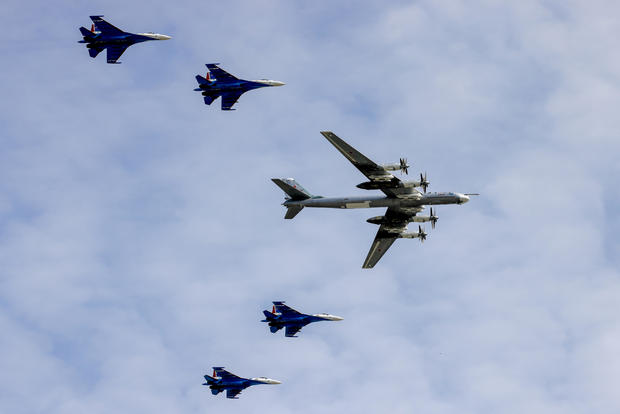 A Russian Tupolev Tu-95 strategic bomber flies over Moscow, accompanied by fighter jets, during a rehearsal for the Victory Day parade in Russia's capital, in a May 7, 2022 file photo.
Sefa Karacan/Anadolu Agency/Getty
A Russian Tupolev Tu-95 strategic bomber flies over Moscow, accompanied by fighter jets, during a rehearsal for the Victory Day parade in Russia's capital, in a May 7, 2022 file photo.
Sefa Karacan/Anadolu Agency/Getty
NORAD said Russian military activity in the ADIZ is common and not considered a threat, but it was the latest in a series of flights by Russian aircraft seen by many as testing the preparedness of U.S. and allied NATO nations. It came as officials in Denmark continued investigating still-unattributed, large drones that flew close to Copenhagen Airport on Tuesday and Wednesday, disrupting traffic.
Danish police have said the drones were operated by a "capable actor."
European nations have been on alert amid Russia's ongoing invasion of Ukraine. Russian drones were shot down by Polish and allied NATO warplanes after crossing into Polish airspace on Sept. 9. Ten days later, Estonia said several Russian fighter jets entered its airspace.
The Russian planes entered the Alaskan Air Defense Identification Zone on Wednesday about one month after a very similar incident, which also saw the U.S. scramble fighter jets for an interception.
In late August, NORAD said it had detected and surveilled a Russian military reconnaissance aircraft inside the ADIZ after intercepting the same type of spy plane over the region three times in the preceding days.
In September 2024, NORAD posted dramatic video of a Russian jet flying "within just a few feet" of NORAD aircraft off the coast of Alaska. At the time, a U.S. general said the conduct of the jet's crew was "unsafe, unprofessional, and endangered all."
The ADIZ is "a defined stretch of international airspace that requires the ready identification of all aircraft in the interest of national security," NORAD said.
None of the situations thus far has resulted in Russian warplanes entering U.S. or Canadian sovereign airspace.
Tucker Reals is CBSNews.com's foreign editor, based in the CBS News London bureau. He has worked for CBS News since 2006, prior to which he worked for The Associated Press in Washington, D.C., and London.

